Conference Speakers
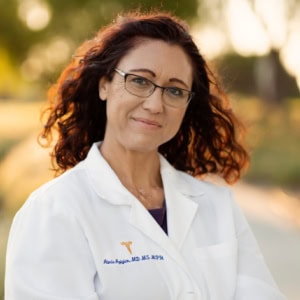
Aimie Apigian, MD MS MPH
The Biology of Attachment Pains and Repair: For Ourselves & Our Children
This lecture explores the beautiful internal world of attachment, what happens when it goes wrong and the 6 attachment pains that can develop.
By understanding these attachment pains and how to recognize them, parents can become powerful agents of change. We’ll discuss practical strategies to address the primary pain.
This knowledge empowers parents to create environments where their children can feel safe enough and thrive. By recognizing and addressing attachment pains, we open doors to more secure attachments, improved emotional regulation, and healthier relationships. Remember, it’s never too late to start the journey of repair and connection and often, healing begins with us.
Trauma Biology: What’s Happening In The Body And How To Support Our Patients
This lecture explores the intricate physiological mechanisms underlying trauma and its impact on the human body. While it’s widely acknowledged that the body keeps the score when it comes to trauma, the specific processes involved remain less understood. This session aims to elucidate the body’s innate steps of the trauma response on the cellular and systemic levels.
We will differentiate between stress and trauma biology, providing health professionals with a comprehensive understanding of the body’s physiological trauma response. This knowledge will enable a more holistic, integrative approach to patient care.
Key focus areas include:
1. The cellular-level biology and physiology of trauma responses
2. Distinguishing between stress and trauma states
3. The crucial role of the vagus nerve in trauma response
We’ll explore how trauma response involves bypassing the sympathetic nervous system, signaling from the dorsal vagal nucleus, and the mediation of stress hormones. The Polyvagal Theory’s perspective on chronic health symptoms as protective responses to perceived threats will be discussed.
Additionally, we’ll examine the Cell Danger Response and its need for time, energy, and safety to return to homeostasis. This understanding will equip health professionals with valuable insights to better support their patients’ recovery and well-being.
Dr. Aimie is a Double Board-Certified Physician in Preventive Medicine and Addiction Medicine with a Masters degrees in both Biochemistry and Public Health. Founder of The Biology of Trauma lens, she specializes in a holistic integrative structured path to how the body experiences, holds and heals trauma. Her inspiration comes from adopting from the foster care system, running and a non-profit for other adoptive families and then her own health issues of chronic fatigue and autoimmunity that led her to her own healing journey.
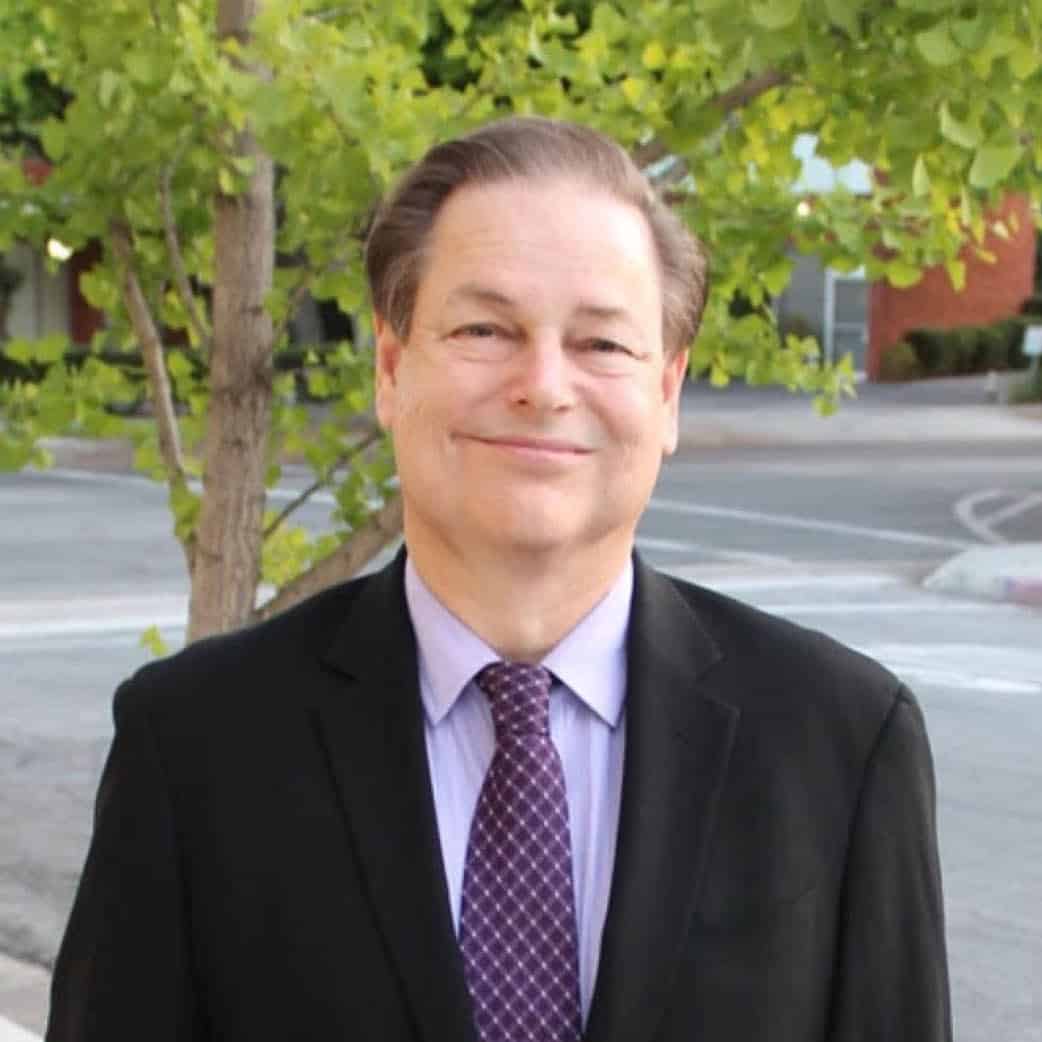
Dr. Richard Boles
Genetic Testing Reveals Recurrent Pathways that Predispose Towards Autism: Implications for Personalized Treatment
Genetic Testing Reveals the Primary Cause of Autism in Most Cases, Allowing for Personalized Treatment—Parent Track
Dr. Boles is a Medical Geneticist with expertise in metabolic and mitochondrial disorders. He trained at UCLA and Yale, was faculty at USC for 20 years, and was an advisor for 4 different clinical laboratories. His main focus has been on the genetics of common disorders, including autism, with about 100 peer-reviewed published papers overall. He currently in a virtual private practice, as well as the Chief Medical & Scientific Officer of NeuroNeeds.
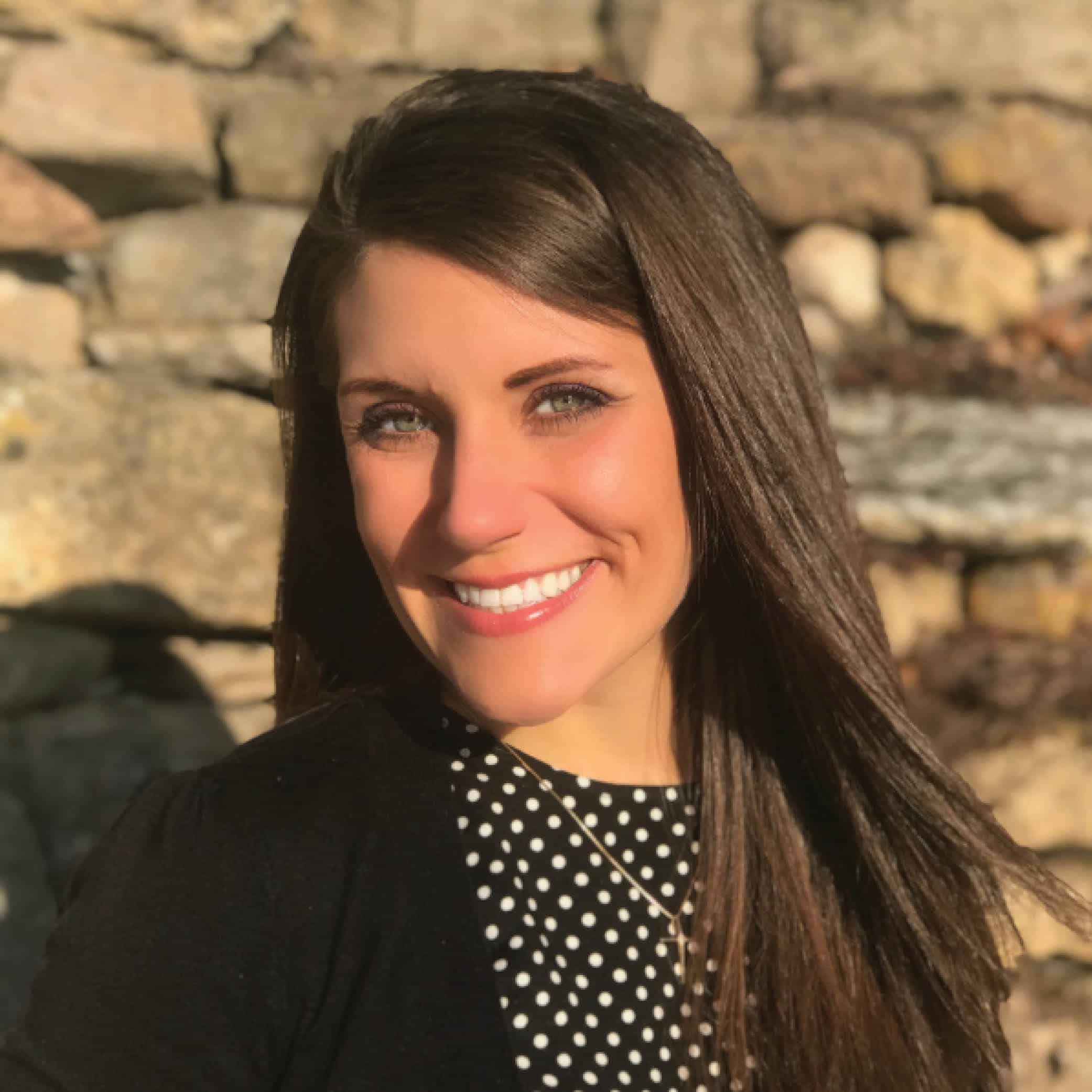
Jamie Belz
Nutritional Therapy Association
Jamie Belz is a Functional Nutritional Therapy Practitioner, Master Health Coach, public speaker, and Business Development Specialist for the Nutritional Therapy Association. She also hosts The Nutritional Therapy and Wellness Podcast. At home, Jamie and her husband are raising five holistically healthy children while navigating the added challenges of parenting in a world shaped by screens, stress, and the Standard American Diet.
With a background in marketing and public relations within a hospital setting, Jamie brings a unique, compassionate perspective to families managing chronic or complex medical conditions. Her experience working alongside practitioners in hospitals, clinics, and virtual practices has given her deep insights into both conventional and holistic approaches to care.
Jamie is passionate about empowering parents to support their children’s wellness through nutrition and lifestyle changes that complement medical treatments. She believes that small, intentional steps can reduce symptom burdens, improve quality of life, and restore a sense of hope. Her mission is to equip families with practical strategies that foster healing and build resilience, empowering parents to become confident advocates and essential partners in their children’s health journeys.
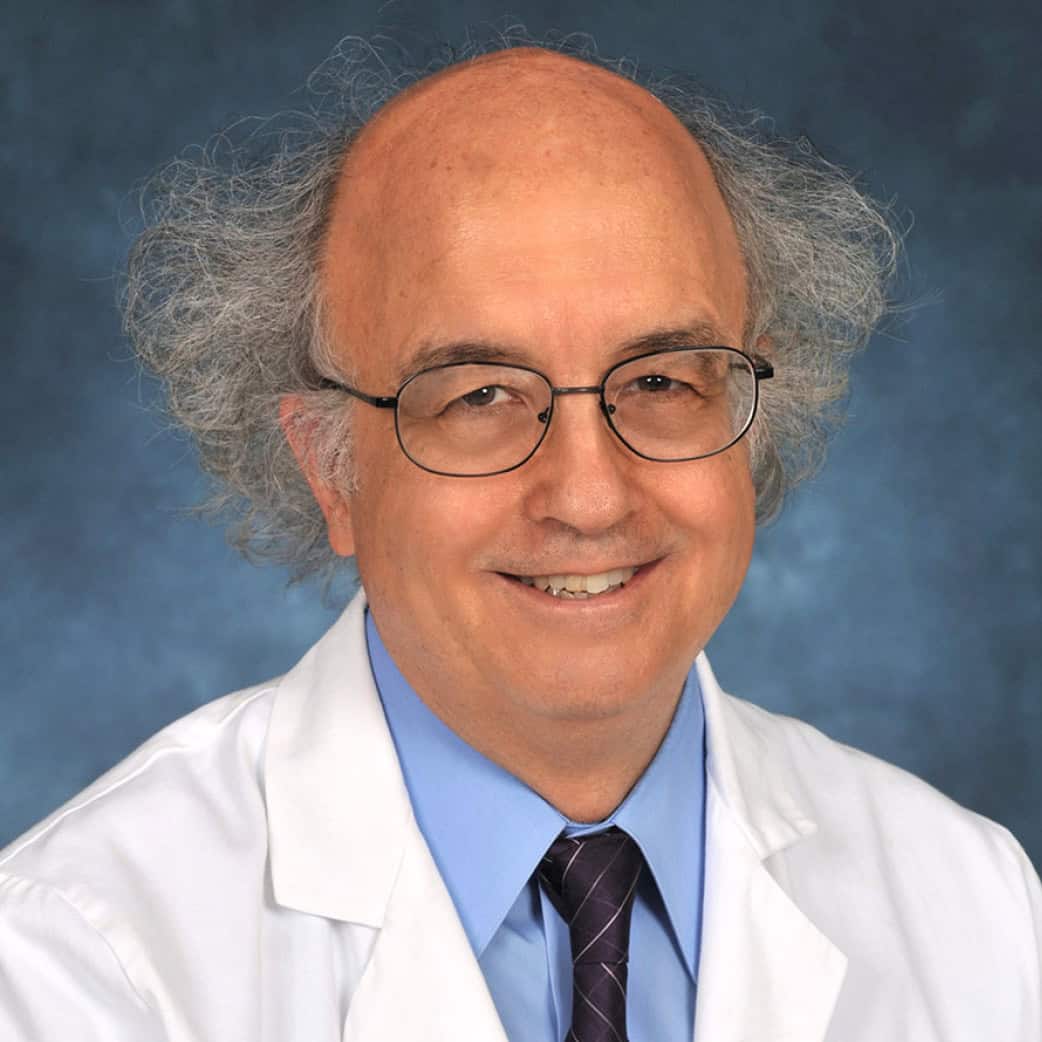
George C. Brainard, Ph.D.
Director, Light Research Program, Professor, Neurology, Professor, Neuroscience, Thomas Jefferson University, Philadelphia, Pennsylvania
The Impact of Light on Human Health
Light profoundly impacts consciousness through the stimulation of the visual system, and powerfully regulates rhythms, hormones, and behavior in humans. These physiological effects of light have broad regulatory impact on virtually all tissues in the body. This presentation will touch on topics ranging from how light regulates the human pineal gland, how NASA has used that fundamental information to change the lighting onboard the International Space Station, and how advances are being made towards changing the lighting in places where we live, learn, play, and work. The door is open to understanding the impact of light on all levels of human health.
Dr. Brainard’s academic work has been concerned with the effects of light on biological and behavioral responses of animals and humans for more than forty years. He has authored 125 original research articles, over 50 book chapters, and written/edited 12 books or monographs including six lighting standards for the Illuminating Engineering Society (IES). He is currently Chair of the IES Light and Health Committee and was awarded the IES Medal in 2021. He has been honored with the Johnson Space Center Director’s Innovation Award (2015) the Research Award from the Professional Lighting Design Convention (2013) and the Research Award for Excellence on Photobiology, Photochemistry and Photophysics, from the American Society for Photobiology (2010)
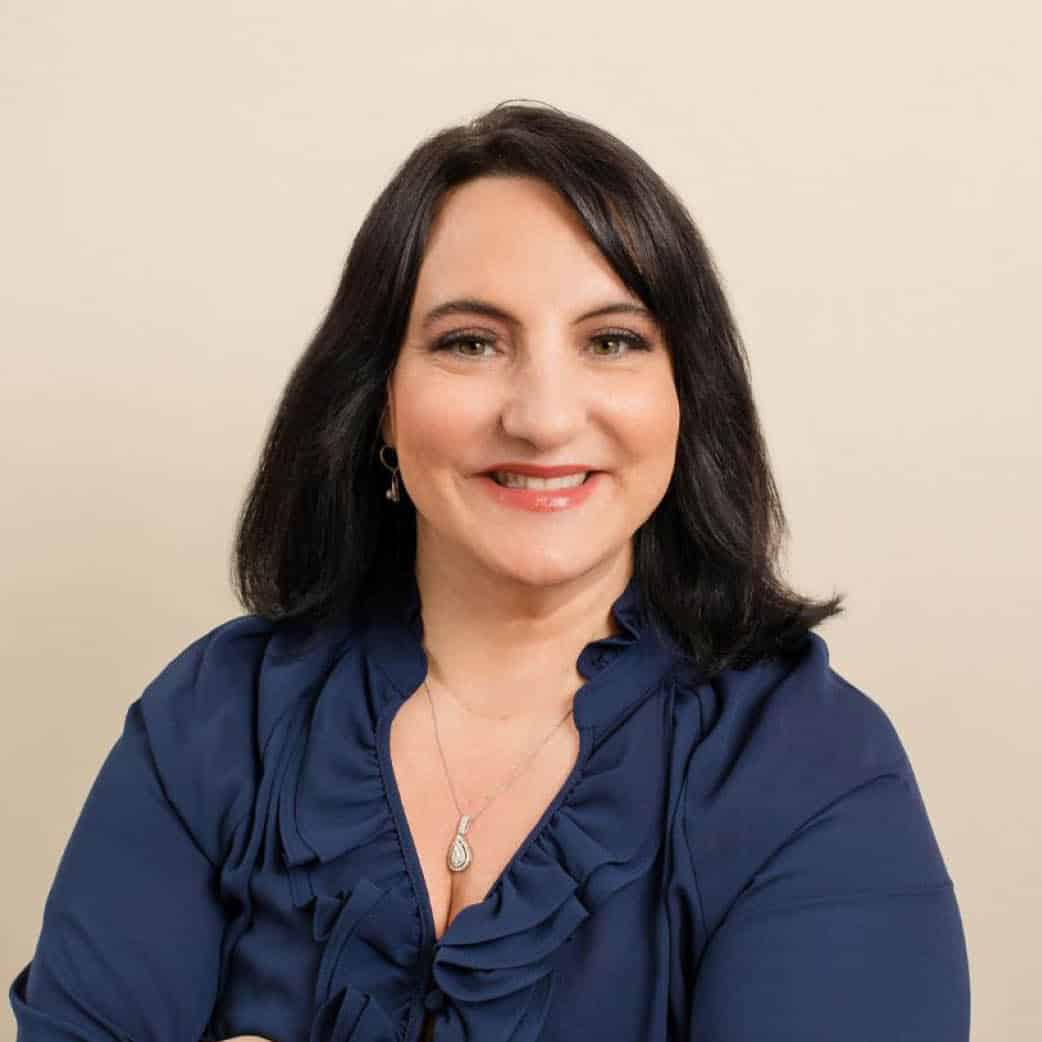
Dr. Roseann Capanna-Hodge, Ed.D., LPC, BCN, LLC
Self-regulation/Neurofeedback
Supporting Self-Regulation in Children with ASD, ADHD, PANS/PANDAS, OCD & Anxiety: A Parent’s Guide
Navigating the challenges of raising children with clinical issues demands a deep understanding of self-regulation. This presentation equips parents with insights into recognizing both under and overstimulated behaviors indicative of dysregulation, and offers effective strategies for nurturing support.
By identifying the unique challenges faced by dysregulated children, we can provide the right intervention and support, which can lead to improved outcomes, including better social skills, learning outcomes, and emotional balance.
Our discussion will cover a range of practical interventions tailored for these specific conditions:
*Nutritional and Dietary Adjustments: Demonstrating how strategic dietary choices can positively impact brain function and emotional health.
*Physical Activity and Structured Routines: Highlighting the importance of regular exercise and predictable routines to enhance mood, reduce anxiety, and improve cognitive function.
*Brain-Based Therapies: Examining targeted therapies such as neurofeedback, PEMF and biofeedback, discussing their relevance and application.
*Psychotherapeutic Techniques: Detailing therapy modalities that foster emotional management and self-regulation skills.
Parents will be armed with the knowledge and strategies needed to facilitate their children’s path to improved self-regulation across all life facets. Participants will leave with a deep understanding of self-regulation challenges and a suite of interventions to foster mental well-being and life quality in neurodivergent children.
Coming Soon!
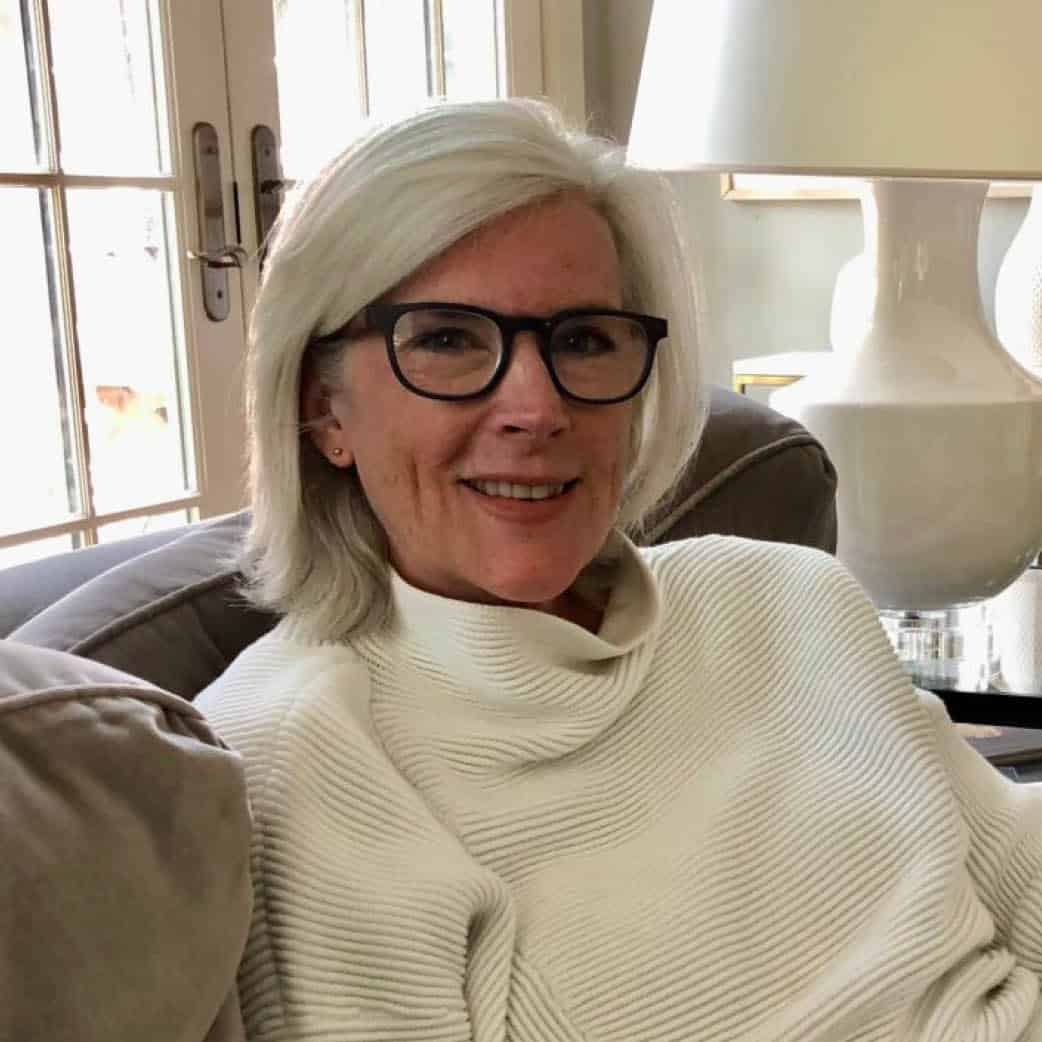
Mary Coyle, DIHom
Homotoxicology and Bioregulatory Therapeutics
Removing The Blockages Through Homotoxicology
Learn how Homotoxicology can ignite the healing from within through supporting the bioenergetic system, and detoxification pathways. This gentle, yet deep-acting mode of healing, is designed to assist the immune system in the removal of toxins and pathogens that may be compromising your child’s development and progress.
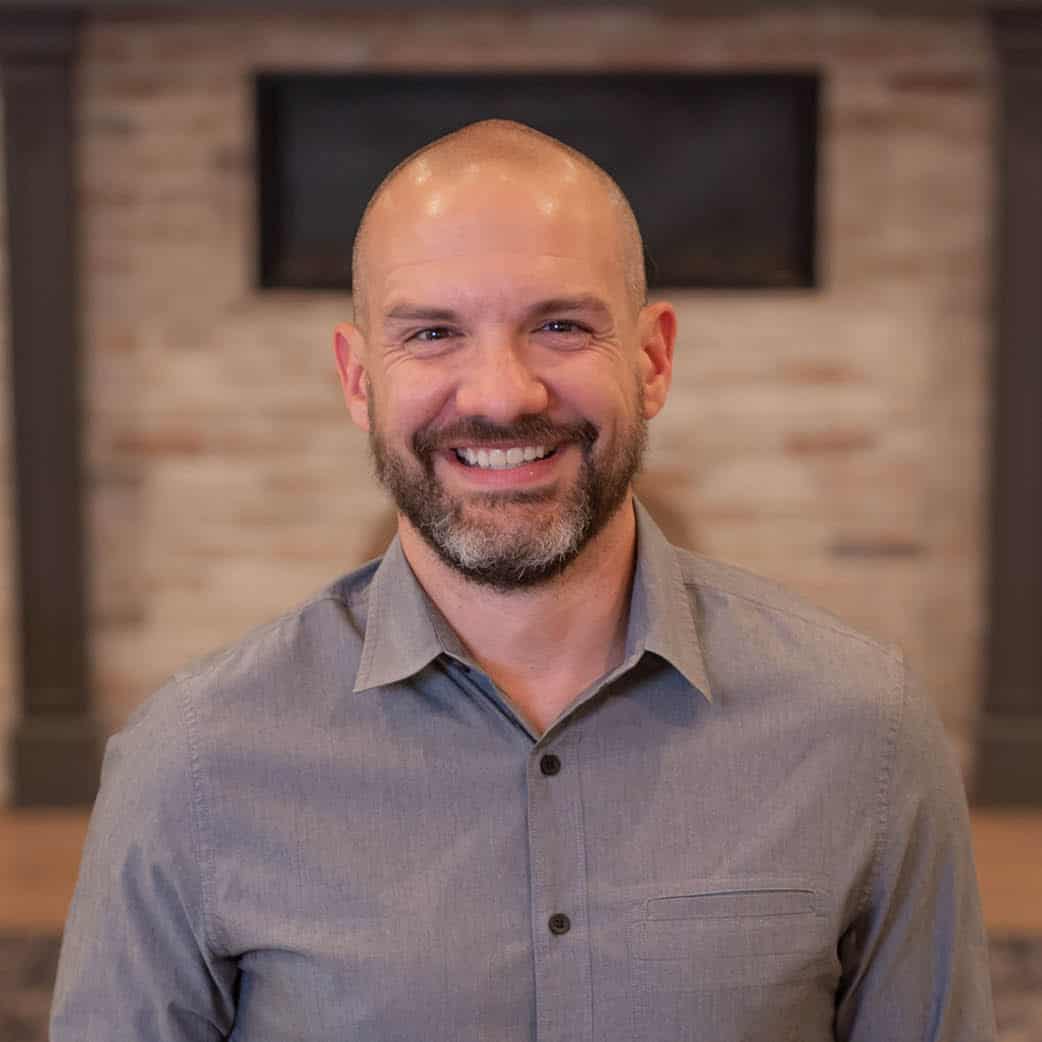
Tony Ebel DC
Pediatric Chiropractic
The Last Resort: What to do When Nothing Helps Your Child
Many parents feel helpless when their child faces chronic health issues, having tried every therapy and treatment without breakthrough and lasting success. In this presentation, Dr. Tony Ebel explores a vital, yet often overlooked, factor in healing: understanding the “healing hierarchy” and doing less, not more, but in the right order. Discover how focusing on “foundational neurology” first can unlock profound improvements and lead to optimal recovery. Join us as we dive into what could be the missing link to your child’s healing journey.
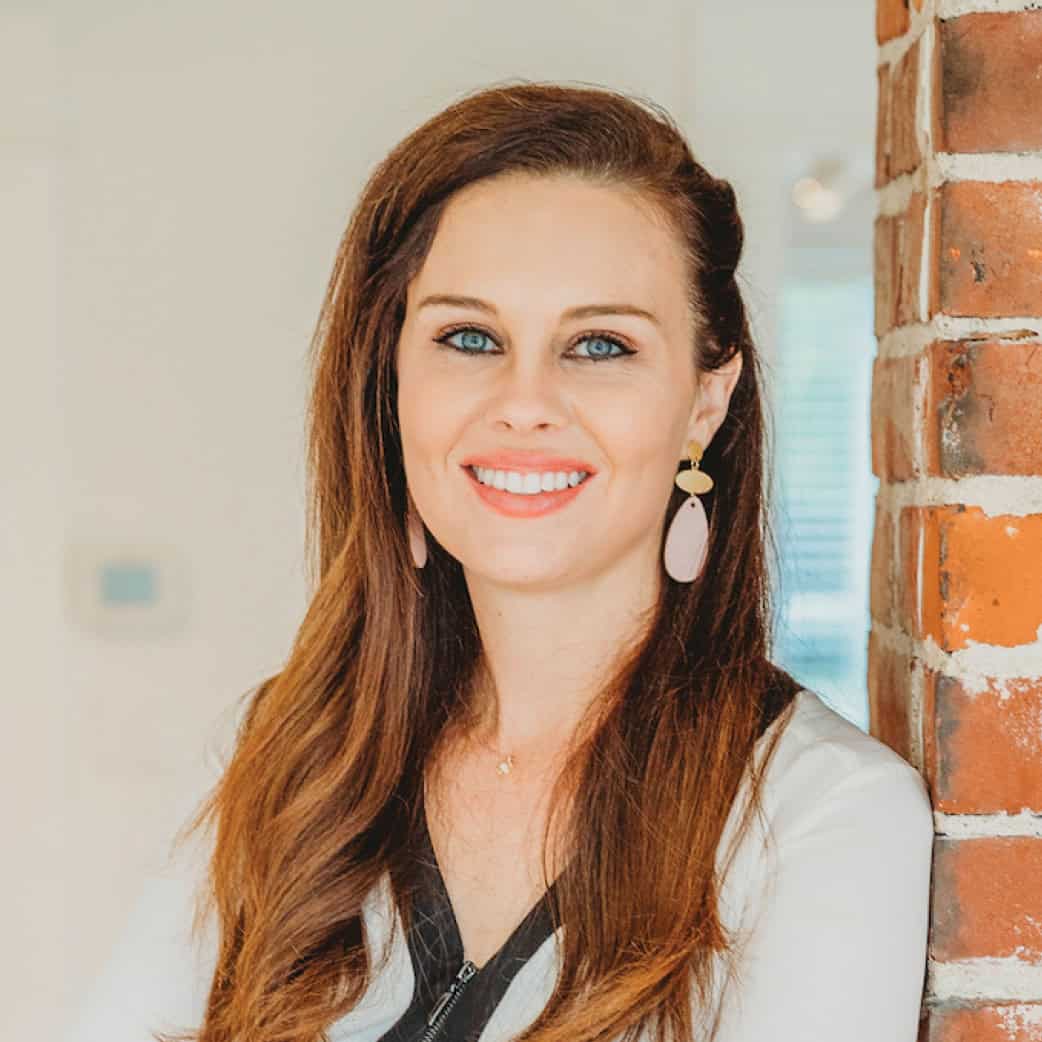
Star Edwards, MS, RDN/ LD
Microbiome
Where’s Bifido? Missing Bifidobacterium, Impact on Child Health, and Restoration Strategies
The gut microbiome in the first 1,000 days plays a critical role in human health and lifelong immune development. Existing literature supports that gut dysbiosis in this phase of life can increase the risk of developing inflammatory, immune-mediated, metabolic and neurological conditions later in life. One of the key commensal taxa that is increasingly depleted in the western industrialized world – primarily from overuse of antibiotics and modern lifestyle changes – are Bifidobacterium. It is especially alarming when a recent paper showed that B. infantis, a key infant gut symbiont, is missing in 90% of infants across the United States.
This presentation will provide a walkthrough of Bifidobacterium’s essential role in an infant’s developing microbiome, factors that contribute to this disappearing microbe, the connection between missing Bifidobacterium and the rise of chronic conditions, and finally highlighting strategies for restoration, showcasing successful case studies in clinical practice.
Star is a former WIC high risk dietitian and has helped her own clients in private practice, focused on food allergies and sensitivities, gastrointestinal conditions, athletic performance, and pediatrics. For the last seven years she has worked for food allergy and microbiome testing companies, training and mentoring HCPs on test interpretation and microbiome recovery protocols.
As a true empath and introvert, she likes to hike, garden, write, cook, and watch the wildlife that frequent her front yard. She enjoys little adventures with her kids and looks forward to Boba Tea Tuesday with them every week. She is a personal development junkie and has a few hidden talents, including clog dancing.
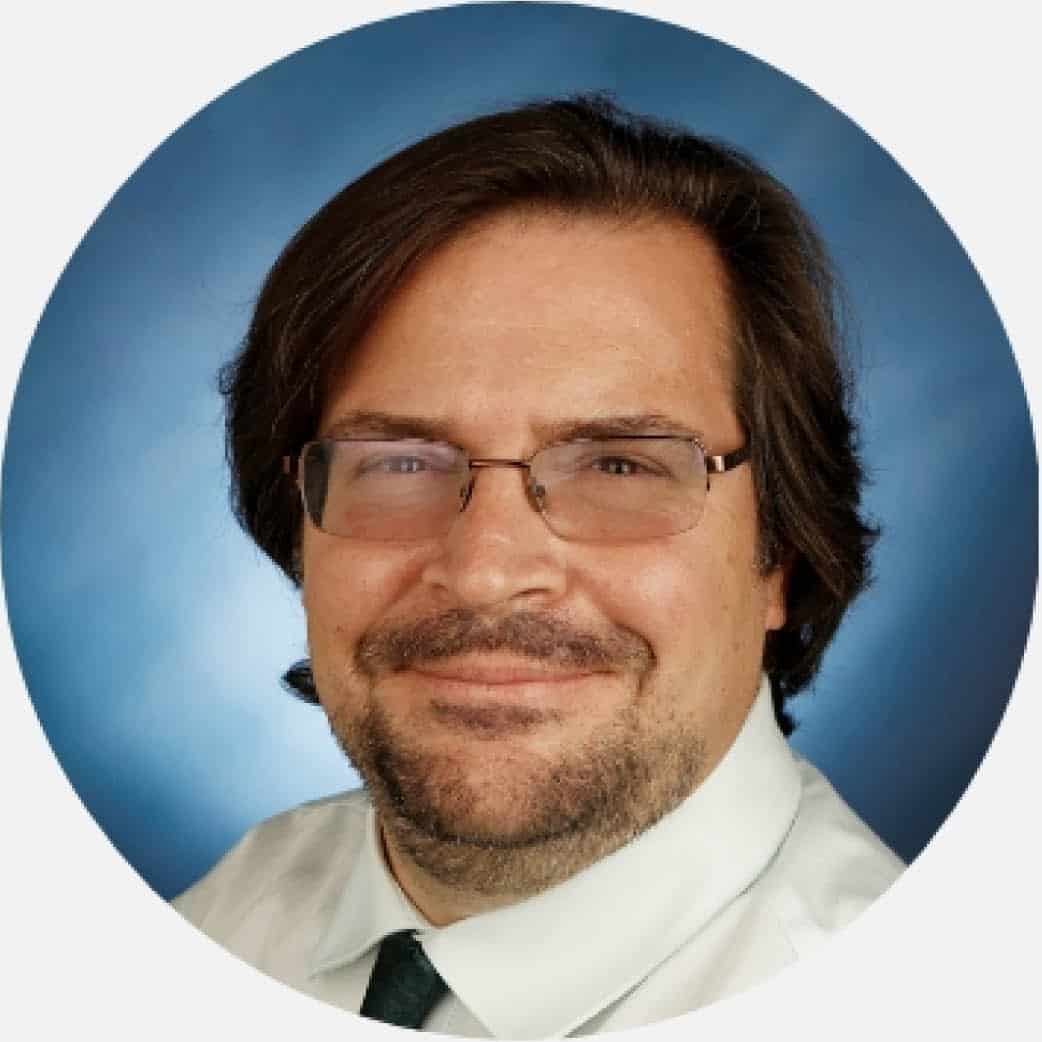
Richard Frye, MD, PhD, FAAP, FAAN, CPI
Neurodevelopmental and Neurometabolic Disorders
Science behind Autism – The Future of Diagnosis and Management
Autism is a behaviorally diagnosed disorder with unclear underlying etiology in which effective treatments are lacking. Neuroimaging, neurophysiology, genetic, molecular and metabolic studies have provided evidence for some of the basic pathophysiological mechanisms underlying autism. Other studies focusing on medical co-morbidities have highlighted the many organ system associated with autism suggesting that autism manifests as a multisystem disease in some patients. This evidence has started to provide an emerging picture of how biology drives behavior and has pointed to novel promising approaches to treatment.
Dr Frye is a Child Neurologist with expertise in neurodevelopmental and neurometabolic disorders. He received an MD and PhD in Physiology and Biophysics from Georgetown University. He completed a residency in Pediatrics at the University of Miami, Residency in Child Neurology and Fellowship in Behavioral Neurology and Learning Disabilities at Harvard University/Children’s Hospital Boston and Fellowship in Psychology at Boston University. He also received a Masters in Biomedical Science and Biostatistics from Drexel University. He holds board certifications in Pediatrics, and in Neurology with Special Competence in Child Neurology. He has authored over 300 publications and book chapters and serves on several editorial boards and is currently the Editor-in-Chief for the Section on Mechanisms of Diseases of the Journal of Personalized Medicine.

Tapley Holland
Founder of TruDOSE
Tapley Holland is the creator of the TruDOSE™ Technology, a patented intelligent software testing platform that solved the longstanding dosing inaccuracy problem within the field of regenerative medicine. This technology led to uncovering the healing benefits of infusing dose-specific platelets back into the bloodstream, otherwise known as TruDOSE™ IV platelet therapy. Since 2018, the TruDOSE technology and IV therapy have treated, and reversed thousands of patients with unsolvable symptoms and disease conditions.
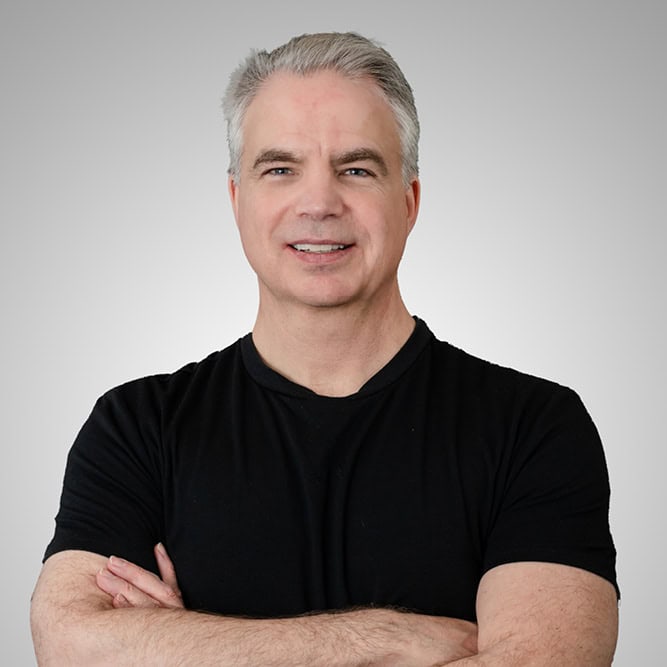
Dr. Dayan Goodenowe
Plasmalogens and ASD
Plasmalogens and Advanced Brain Nutrition in Autism and Rare Childhood Diseases
The brain is not a “black box”. Much is known, but little is implemented. Whatever the peripheral cause (s) of autism may be (genetic or environmental), the proximate cause is always biochemical insufficiency. Using plasmalogens and advanced brain nutrition even the most severe terminal diseases of the brain can be reversed. Examples of reversals and recoveries in rare diseases and autism will be presented.
Dr. Dayan Goodenowe is a PhD neuroscientist, biochemist, synthetic organic chemist, inventor, and clinical research expert. In 1999, he invented and patented a revolutionary ion cyclotron resonance mass spectrometry technology that made it possible to monitor human biochemistry comprehensively for the first time in history.
Using this advanced technology, Dr. Goodenowe analyzed blood samples from tens of thousands of persons of all ages, of all races, and from multiple countries. The biochemistry of healthy persons was compared to persons suffering from disease. A diverse range of over 20 diseases, from autism to dementia and from colon cancer to heart disease, was studied. The biochemistry of young versus old and all-cause mortality was studied. This research led to his discovery that early mortality and each human disease has a biochemical prodrome.
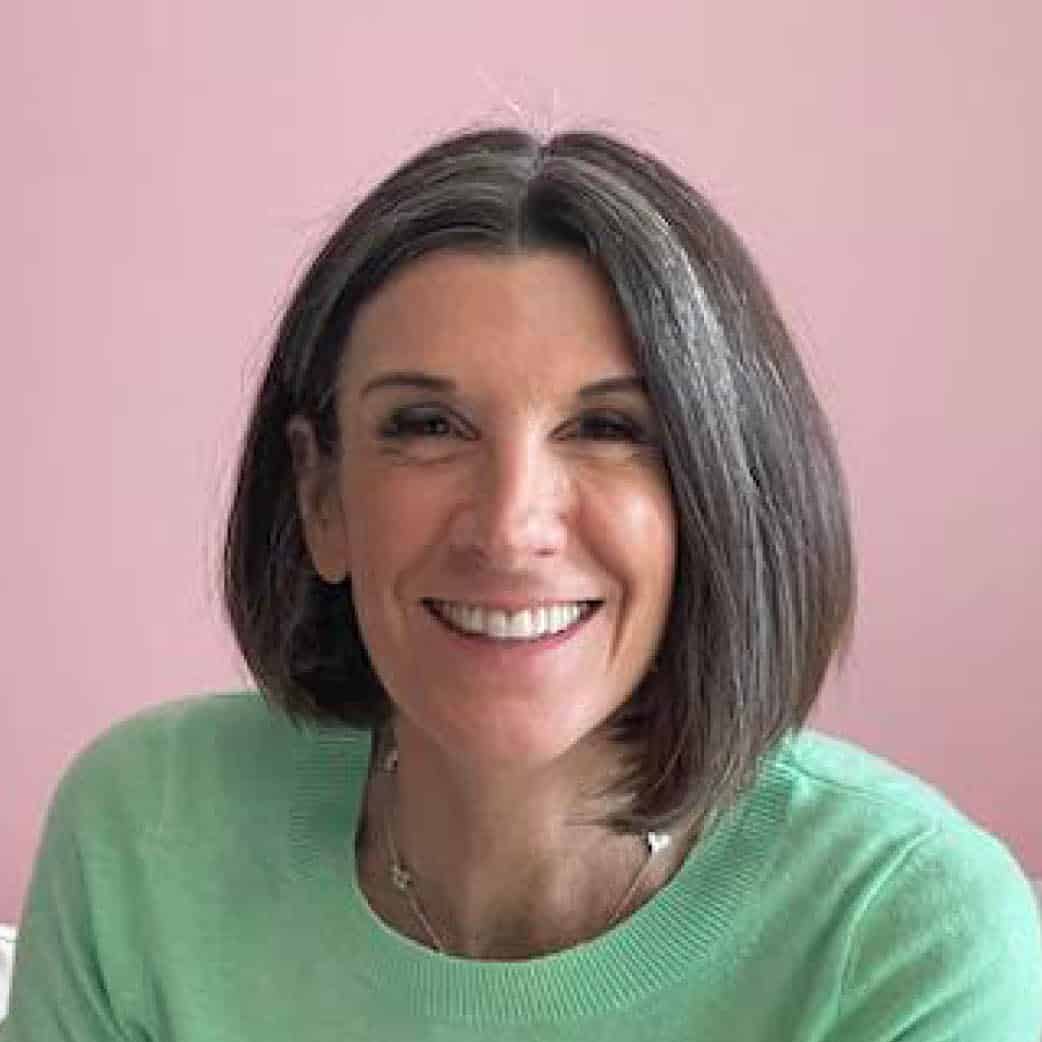
Dr. Laura Graye
Medical and Emotional Intuitive
Intuition’s Role in Healing: Accessing and Training Your Innate Intuitive Power
What would your life be like if you could consistently and confidently access your intuition to make empowered choices and decisions that support the best health outcomes for yourself and your family?
It is your intuitive brilliance that most improve your life circumstances, not following the standard thought process. Tapping into your intuition is vital to your own personal healing journey and that expanded intuitive power then offers you a powerful access point to the healing intelligence you need to support yourself and your family.
Using quantum theory, Consciousness, and innovative mind exercises, Dr. Laura Graye explains what intuition is and how it can facilitate root-cause healing. The class will help identify your specific intuitive strengths, how intuition works, how to intuitively train energy and manifest optimal health, and how to elevate your consciousness so you can more deeply attune and empower yourself and others to heal at the root cause level.
This deeper intuitive connection leads you to more accurate diagnosis, easeful decision-making, and a more holistic approach to your and your family’s health. Imagine the impact on your life if you were to open your mind to your intuitive powers-it would be brilliance beyond.

Dr. Myriah Hinchey
The Basics and Beyond of Healing Lyme Disease
LECTURE ABSTRACT: This lecture offers a detailed look at Lyme disease and other vector-borne illnesses, challenging prevalent myths, and clarifying issues with symptom identification and diagnostics. It connects Lyme induced immune dysfunction and inflammation to conditions like ASD, PANS, and PANDAS, while exploring the biological mechanisms of Lyme disease and the effectiveness of various herbs and supplements in treatment. This talk also highlights how infections and lifestyle choices impact susceptibility to illness, promoting a comprehensive treatment strategy that combines conventional and alternative methods, particularly for the pediatric population.
Dr. Myriah Hinchey, a Naturopathic physician and Fellow of the Medical Academy of Pediatric Special Needs (MAPS), is a recognized expert in the field of Lyme disease and other complex chronic inflammatory conditions, with over 17 years of specialized experience. As a physician and the Medical Director at TAO, an integrative center for healing, she has successfully guided thousands of patients towards recovery from their complex chronic inflammatory conditions. Additionally, she is the founder and owner of LymeCore Botanicals, a herbal medicine company focused on providing effective solutions for healing vector-borne diseases. Dr. Hinchey is dedicated to treating patients of all ages, with a specialty in pediatrics, and is also a sought-after speaker, passionately educating healthcare professionals on the pathophysiology of vector-borne diseases and how to successfully integrate functional, herbal, and lifestyle medicine into their practices.

Terri Hirning, NHD
LECTURE ABSTRACT: It is well known that heavy metal toxicity can wreak havoc on one’s health. However, there are many other toxins and toxicants that are affecting the health of our children as well as adults with chronic health challenges. Terri will explore and compare the different methods of detoxification, the charges of toxicants, and then dive into the often misunderstood science of ionic footbath detoxification.
Terri Hirning serves the autism and chronic illness communities as a mentor, educator, integrative wellness coach, co-author, summit host, and motivational speaker.
It is the personal story of her son’s autism recovery journey that was the inspiration and motivation to move into the integrative wellness community to support others. Terri has a bachelor’s degree in psychology and then went on to complete a doctorate program in traditional naturopathy. She had an integrative wellness and detox coaching practice until 2020.
She has worked for New Beginnings Nutritionals since 2009 and is their Director of Marketing.
Recently, she and her son Matthew launched a podcast called Our I’MPossible Journey to share their story of improving the symptoms of autism and making the impossible possible.
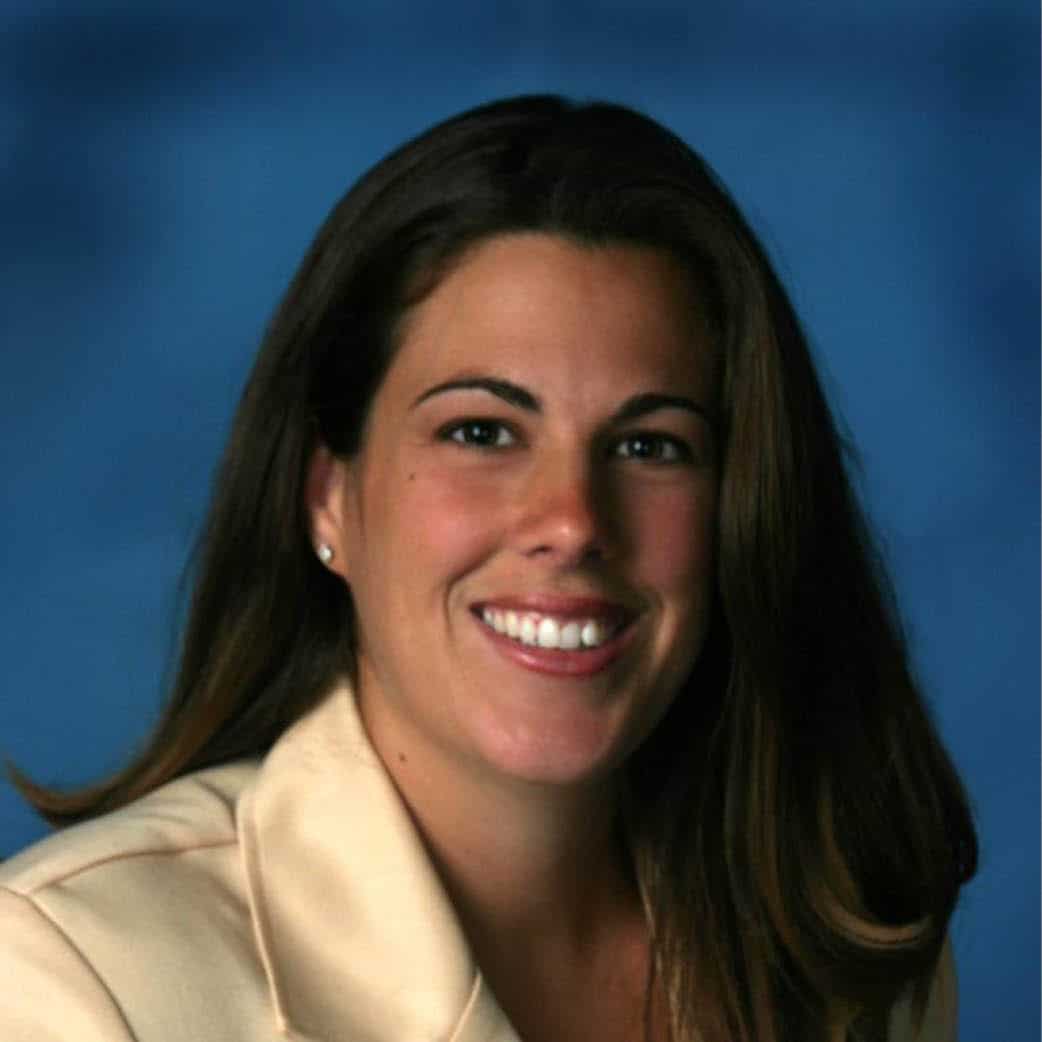
Teresa Holler MS, PA-C
LECTURE ABSTRACT: This presentation is designed to help parents understand the scientific rationale for herbal treatments of Lyme that are both cost effective and efficacious. The information will be presented in an easy-to-digest manner, and participants will leave the presentation with the knowledge of simple, safe, and effective treatment options to discuss with their practitioners.
Teresa is a Family Practice Physician Assistant and Owner of Victory Health. She is a fellow of the Medical Academy of Pediatric Special Needs and a Member of the International Society for Environmentally Acquired Illness as well as a Former Assistant Professor of Medicine. She has a Master’s in Rural Primary Care Medicine and has completed Doctoral Coursework in environmental health and medical writing. She is the author of CARDIOLOGY ESSENTIALS, HOLLER FOR YOUR HEALTH, and ON MEDICINE AND MIRACLES. Teresa has been a speaker for the American Academy of Physician Assistants, North Carolina Integrative Medicine Society, Medical Academy for Pediatric Special Needs, LymeBytes, the Virginia Academy of Physician Assistants, and more. She has been featured on NPR, FOX TV, Good Morning Arizona, The Dr Jill Show, Advance for Physician Assistants, and more.
Her website is TeresaHoller.com
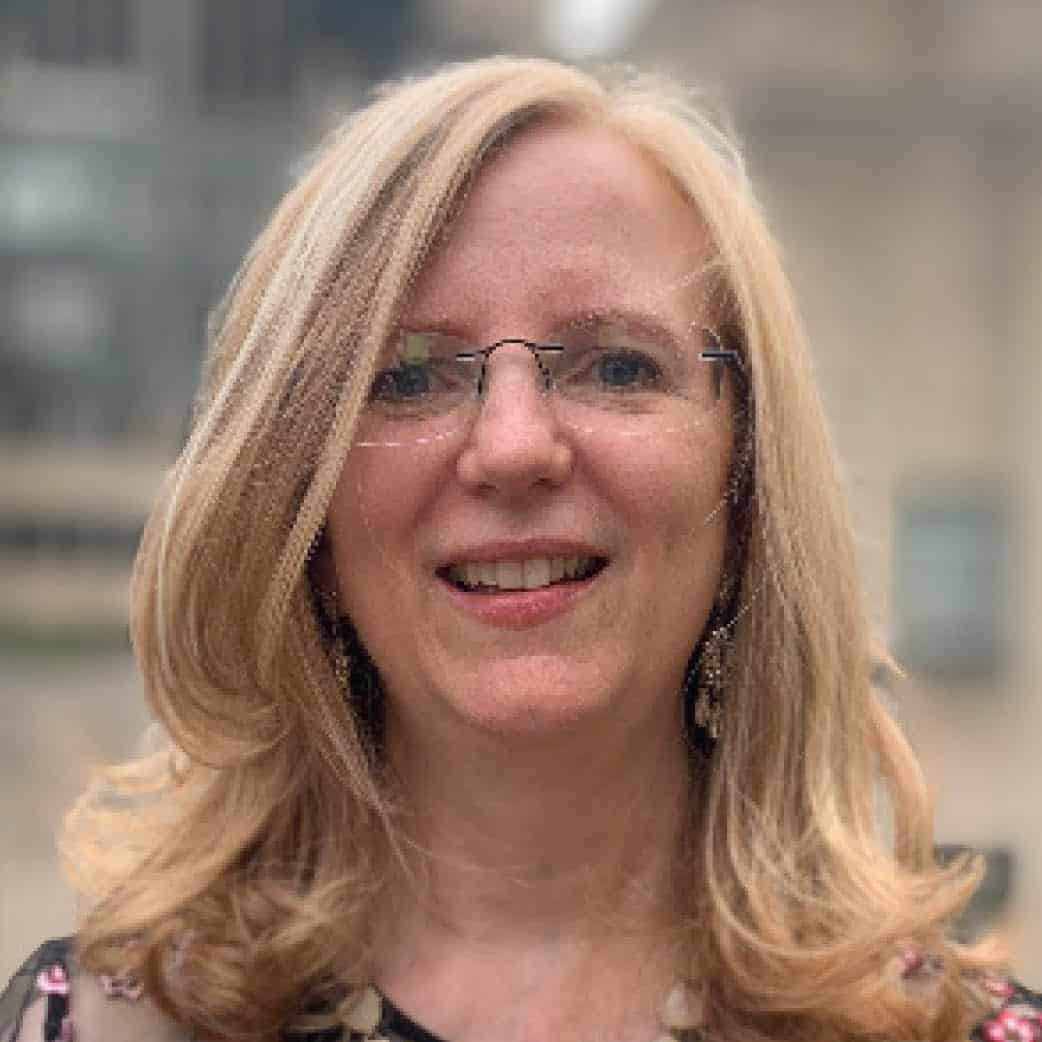
MARIA RICKERT HONG
MARIA RICKERT HONG is a Co-Founder of, and the Education and Media Director for, Epidemic Answers, the 501(c)3 sponsoring non-profit of The Documenting Hope Project. She is a former sell-side Wall Street equity research analyst who covered the oil services sector at Salomon Smith Barney and Lehman Brothers under Institutional Investor #1 ranked analysts. Later, she covered the gaming, lodging & leisure sector at Jefferies & Co. and Calyon Securities. She quit working on Wall Street when her first son was born. Prior to working on Wall Street, she was a marketing specialist for Halliburton in New Orleans, where she also received her MBA in Finance & Strategy from Tulane University. She is the author of the bestselling book Almost Autism: Recovering Children from Sensory Processing Disorder and the co-author of Brain Under Attack: A Resource for Parents and Caregivers of Children with PANS, PANDAS, and Autoimmune Encephalitis. Maria is also a Certified Holistic Health Counselor. Her work can be found on EpidemicAnswers.org, DocumentingHope.com, Healing.DocumentingHope.com, Conference.DocumentingHope.com and MariaRickertHong.com
Her website is TeresaHoller.com

Dr. Dana Johnson, Ph.D., MS OTR/L
Spellers, Tampa
Blending Motor Planning and Neurodevelopmental Optometry to Access Communication
Our movements rely heavily on our vision and ocular motor control, yet vision is often overlooked as an integral part of successful motor function. Vision gives information about our body position in space and feedback to refine movement accuracy. It enables us to react to changing environments and adapt on the fly. Several studies have outlined the ocular motor and vision differences among the autistic population (Caldani, et al., 2019, Schmitt et al., 2014), however, interventions targeting both vision and motor planning to support volitional movement and communication are limited. This presentation will follow a case study of one nonspeaking patient who was assessed by neurodevelopmental optometry and participated in both a vision therapy protocol and a functional movement-based program to support communication using the Spellers Method. The discussion will highlight the individual differences seen in autistic patients to warrant a functional-based movement and neurodevelopmental vision program.
Understanding Sensory Motor Differences and the Impact of Neurological “Noise”
Recent research on autism and other motor disorders points to neurological “noise” that impacts efficient and purposeful movement in the population. These differences result in a disconnect between the brain and the body triggering the sympathetic nervous system and causing prolonged fight-or-flight responses. This presentation will discuss the current research on motor differences in autism including the sympathetic and parasympathetic responses to stress and how it applies to the nonspeaking and unreliably speaking autistic population. Specific ways to support the brain and body disconnect, regulation, and how to build purposeful motor skills including communication will be discussed. Nonspeakers who have contributed to the growing body of knowledge on motor differences and regulation will also be highlighted.
Dr. Dana Johnson, PhD, MS, OTR/L, is the Founder of Spellers Center, Tampa; Founder of Invictus Academy, Tampa Bay; and co-founder of the Spellers MethodTM. Dr. Johnson has a Master’s degree in Occupational Therapy, and a Ph.D in Child and Adolescent Mental Health and Development. She is a producer of the award-winning documentary, SPELLERS, an executive producer of UNDERESTIMATED: The Heroic Rise of Nonspeaking Spellers, and co-author of The Spellers Guidebook: Practical Advice for Parents and Students. Dr. Johnson has worked with individuals with motor and sensory differences for almost 20 years and currently specializes in supporting nonspeaking, unreliably speaking, and minimally speaking individuals to utilize spelling and typing as a form of communication. Dr. Johnson started her career as an occupational therapist supporting children in the public school system, then moved to private practice working with individuals with autism, apraxia, and other sensory-motor differences. You can learn more about her at www.spellers.com
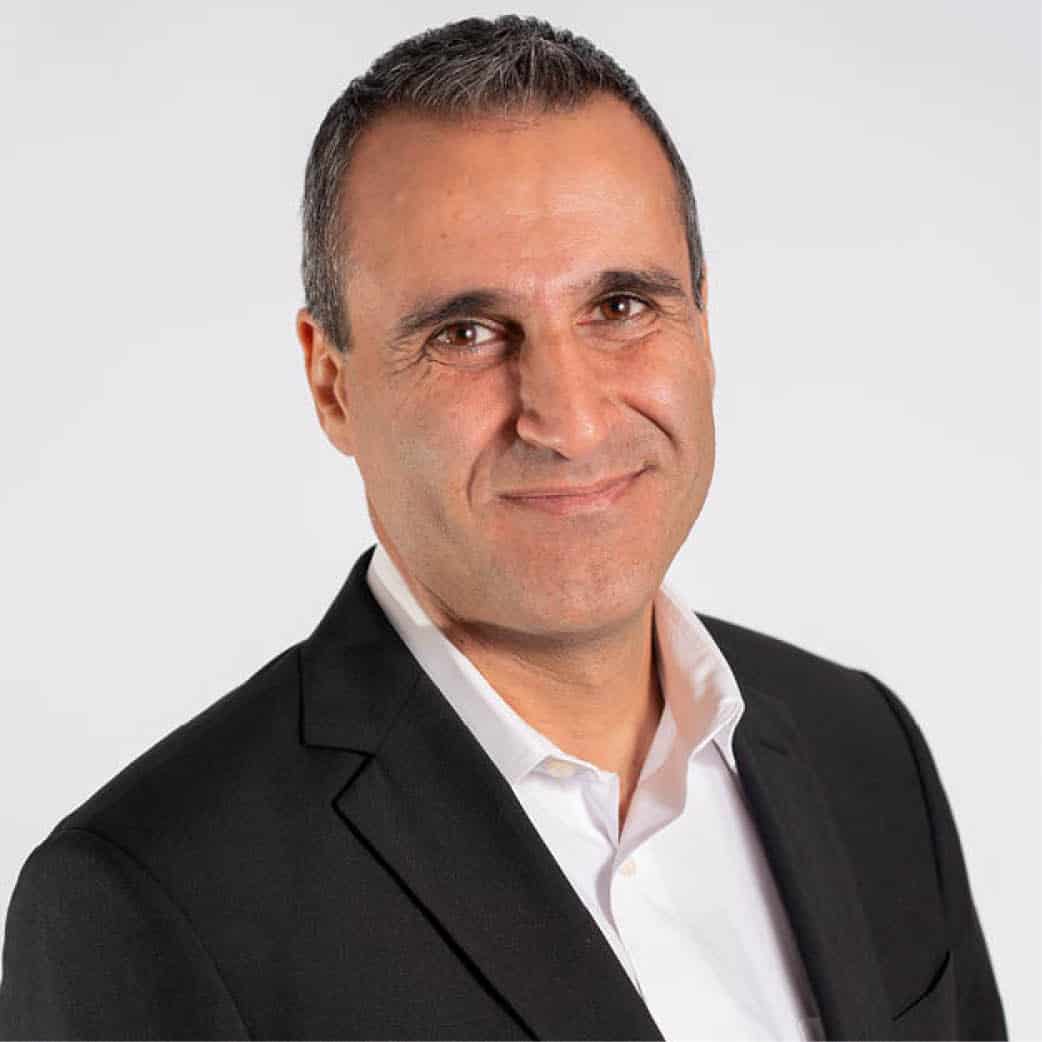
Dr. Pejman Katiraei, DO
Endotoxins and Brain Inflammation
Environmental toxins compromise various organ systems including the gut, the micro and mycobiomes. If infants or genetically vulnerable individuals are exposed to any additional or excessive toxin load, such as environmental mold toxin exposure, this collective load disrupts the gut and causes it to enter a perpetual cycle of dysfunction and inflammation. This creates an environment that is highly conducive to bacterial and fungal dysbiosis. These combined events lead to chronic microglia and mast cell activation, endotoxemia, and abnormalities in histamine. These combined dysfunctions alter neurophysiology and chemistry, and can lead to severe states of anxiety, OCD, abnormalities in the fear response and sensory pathways, etc., and thus the manifestation of autism. This presentation discusses these events and offers a simple treatment to improve the clinical findings associated with autism in this subset of individuals.
The Gut, Brain Allergy, and Autism
Environmental toxins compromise the gut, the micro and mycobiomes. If infants or genetically vulnerable individuals are exposed to any additional or excessive toxin load, such as environmental mold toxin exposure, this collective load disrupts the gut and causes it to enter a perpetual cycle of dysfunction and inflammation. This ultimately leads to the activation of microglia and mast cells, along with chronic endotoxemia and abnormalities in histamine. These combined events can alter neurophysiology and chemistry and lead to anxiety, OCD, abnormalities in the fear response and sensory pathways, and thus the manifestation of autism. This presentation discusses these events and offers a simple treatment to improve the clinical findings associated with autism in this subset of individuals.
Pejman Katiraei (Dr. K) was born in Iran, and he and his parents had to flee their home to avoid persecution. His parents instilled in him a strong sense of morals, ethics and values. Dr. K was the curious child who always wanted to know how everything works. It was this curiosity that encouraged Dr. K to explore and later specialize in holistic and integrative medicine.
Before graduating cum laud with a degree in Biology from UCLA, Dr. K started the UCLA Stroke Force where he led over 70 undergraduate students to educate the senior community about strokes.
After UCLA, he went onto obtaining his osteopathic medical degree from Western University of Health Sciences. He then started his pediatric residency at Loma Linda University. Early in education and training, Dr. K questioned why some diseases “just happen” without any conventional explanation? Why would some patients die of horrible infections and others never have any problems? These questions ultimately led Dr. K to complete a fellowship under Dr. Andrew Weil at the University of Arizona and then to start the Loma Linda University Wholistic Medicine Clinic, of which he was the Medical Director until 2014.
The challenging cases Dr. K saw in this clinic inspired him to expand his training through the Institute of Functional Medicine. He would regularly lecture to large groups of medical students, physicians and other healthcare professionals on various holistic topics such as Irritable Bowel Syndrome, ADHD, Mental Health, Detoxification, and general holistic medicine. Dr. K has also published a scientific paper on irritable bowel syndrome and has helped numerous patients with severe gastrointestinal problems.
Dr. K was blessed with his own health challenges that later became his greatest teachers. It is one thing to study a topic; it is another thing to experience it. Dr. K suffered from anxiety, depression and ADHD. In addition to food reactions, Dr. K discovered in himself a significant genetic mutation (MTHFR) that could have had disastrous future consequences for him including heart attack, stroke and even cancer. By learning his own biochemistry, Dr. K has learned how to eat and care for his body based on its needs to be in great health and vitality.
Despite his clinical proficiency and education, Dr. K believes he can do more to help his patients. In May of 2012, he started a second fellowship in endobiogeny, which is a sophisticated study of how hormones and our nervous system interact with one another to control health and disease. This endless desire for professional growth and learning is a testament to Dr. K’s desire to help the sick regain their health and his commitment to keeping children healthy by identifying and treating subtle imbalances as early as possible before they ever turn into a disease. Dr. K hopes he can serve the children in Wholistic Kids and Families with the same mindset as the Chinese practitioners thousands of years ago.
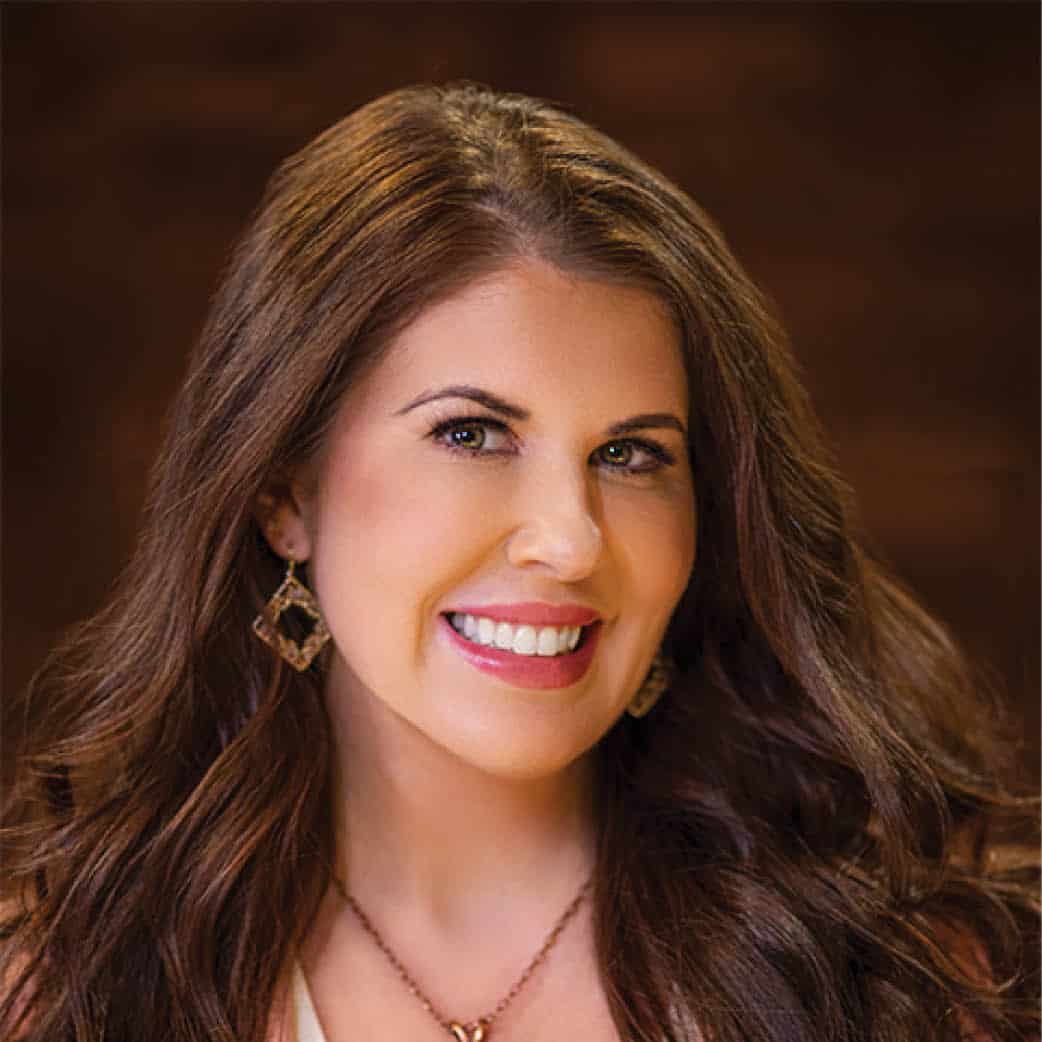
Brianna Ladapo, MLA, CHC, DAIS
Energetic Healer, Naturopath, Author
Brianna Ladapo is an intuitive spiritual healer, integrative health coach, and certified Naturopath. She has a master’s degree in English from Harvard University and is currently pursuing her doctorate in naturopathic medicine. She has also studied holistic and integrative health, plant medicine, and energy medicine. She lives in Florida with her husband and three boys, where she has a trauma counseling practice and works with nonprofit organizations to heal trafficked and exploited children.
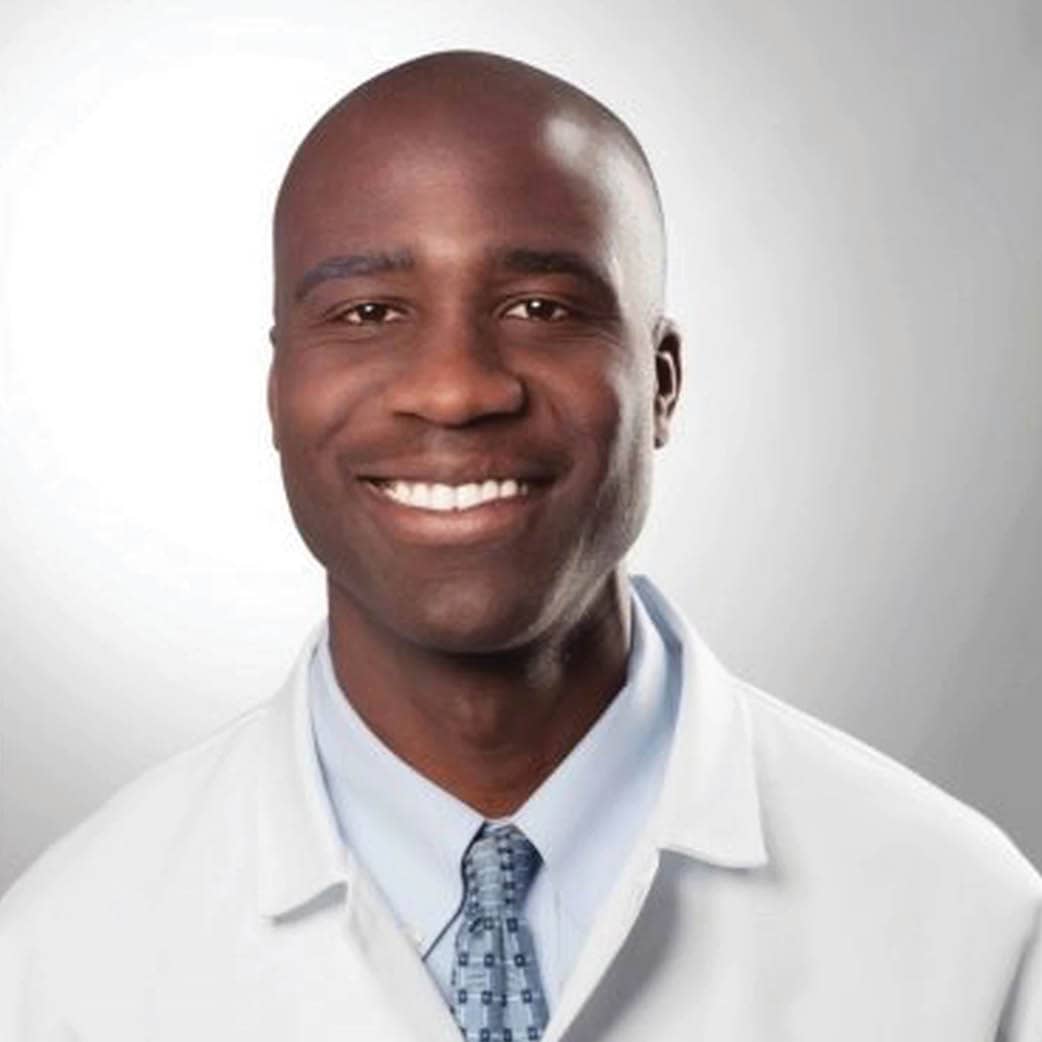
Joseph Ladapo, MD, PhD,
Professor of Medicine at the University of Florida and serves as State Surgeon General of Florida.
Coming Soon!

Dr. Nancy O’Hara, MD, MPH, FAAP
PANS/PANDAS
LECTURE ABSTRACT CASE STUDIES: Demystifying PANS & More: Learning Through Case Studies
PANS & PANDAS are complex autoimmune diseases that require a multi-system approach. PANDAS (Pediatric Autoimmune Neuropsychiatric Disorder Associated with Strep) involves antibodies from a strep infection reacting with brain tissue (specifically the basal ganglia in the brain) and triggering an abrupt onset of immune dysregulation and movement, learning and behavioral problems including OCD, anxiety and tics. With PANS (Pediatric Acute-Onset Neuropsychiatric Syndrome), other infectious etiologies besides strep (yeast, viruses, other bacteria, parasites), toxic exposures, and metabolic abnormalities are among other potential triggers for the immune dysregulation resulting in an abnormal autoimmune reaction and negative behavior, physical, and cognitive changes. Dr. O’Hara will discuss the latest research in the assessment and treatment of these devastating but recoverable illnesses in the context of several illustrative case studies. Participants will learn the research-based functional medicine approach to the care, diagnosis and treatment of these children.
LECTURE ABSTRACT PARENT TRACK: Demystifying PANS/PANDAS: Assessment and Treatment Specifics for Parents
PANS & PANDAS are complex autoimmune diseases that require a multi-system approach. PANDAS (Pediatric Autoimmune Neuropsychiatric Disorder Associated with Strep) involves antibodies from a strep infection reacting with brain tissue (specifically the basal ganglia) and triggering immune dysregulation and movement, learning and behavioral problems including OCD, anxiety and tics. With PANS (Pediatric Acute-Onset Neuropsychiatric Syndrome), other infectious etiologies (especially Borrelia, Bartonella and Babesia as well as COVID, viruses, & more), toxic exposures, and mold are among other potential triggers. Dr. O’Hara discusses the assessment and treatment of these devastating but recoverable illnesses in our children.
Dr. Nancy O’Hara is a board certified Pediatrician. Prior to her medical career, Dr. O’Hara taught children with autism. She graduated with highest honors from Bryn Mawr College and as a member of the Alpha Omega Alpha Honor Society from the University of Pennsylvania School of Medicine. She earned a Master’s degree in Public Health from the University of Pittsburgh. After residency, chief residency and general pediatric fellowship at the University of Pittsburgh, Dr. O’ Hara entered general private practice in 1993, and in 1998 began her consultative, integrative practice solely for children with special needs. Since 1999 she has dedicated her functional medicine practice to the integrative and holistic care of children with chronic illness and neurodevelopmental disorders such as ADHD, PANDAS/PANS, OCD, Lyme and ASD. She is also a leader in the training of clinicians, both in the United States and abroad. Dr. O’Hara has written a comprehensive guidebook, “Demystifying PANS / PANDAS: A Functional Medicine Desktop Reference on Basal Ganglia Encephalitis”, which is available on Amazon in e-book or soft-cover formats. For more information on her membership and mentoring program, please visit www.drohara.com. Additionally, Dr. O’Hara’s research on Folate Receptor Auto Antibodies and PANS/PANDAS was recently published. (https://doi.org/10.3390/jpm14020166)
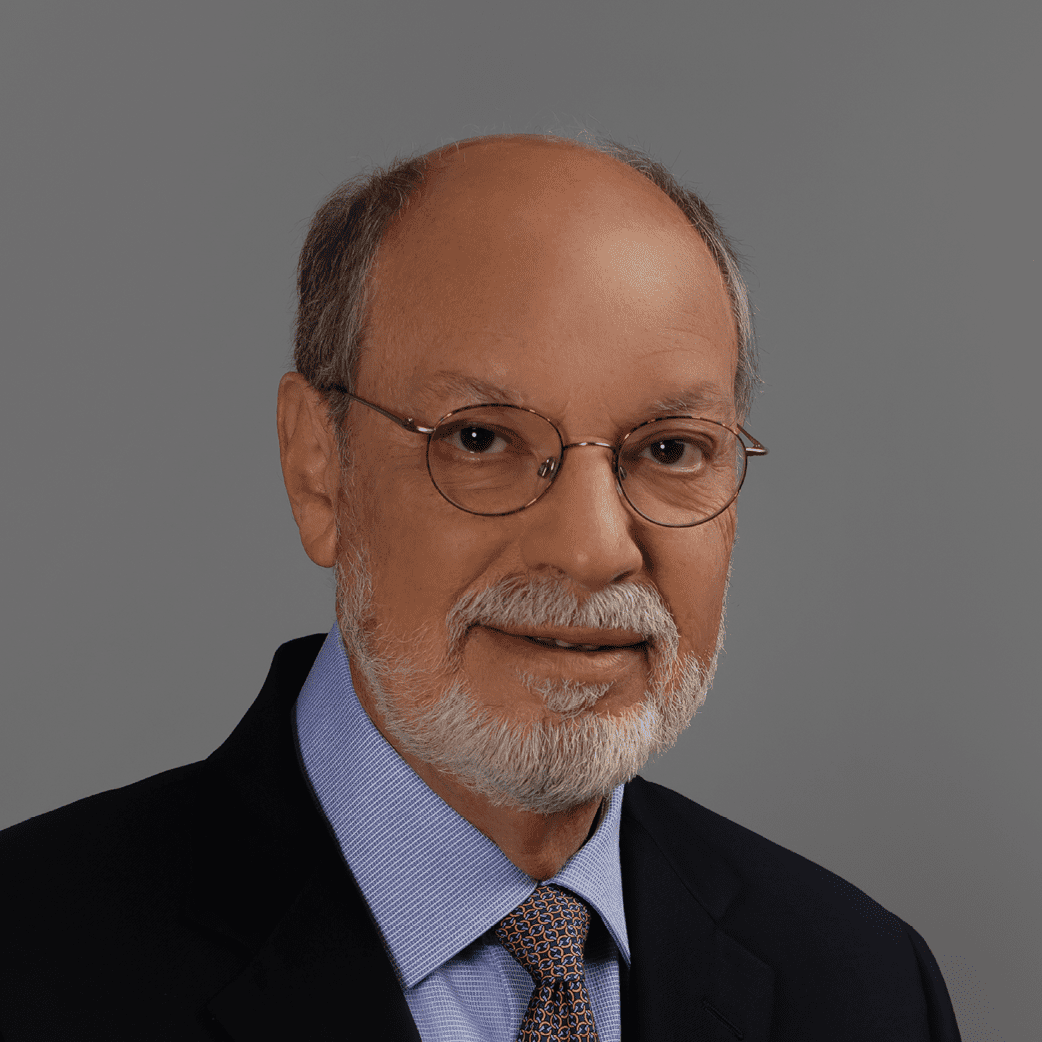
William V. Padula, OD SFNAP FAAO FNORA
Optometry
LECTURE ABSTRACT: A neurological event affects visual processing interfering with development, learning abilities as well as socialization. Symptoms, such as blurring, double vision (diplopia), photophobia, headaches, balance difficulties and dizziness, are often mistaken for other problems and/or overlooked due to the prioritization for medical treatment.
Vision is more than just the image that we see. Vision occurs in the brain but is facilitated by the eyes. A neurological or systemic event will affect the brain and in turn affect the visual processing causing difficulty with tracking, convergence and focusing. These are not eye muscle problems but are characteristics of dysfunction in visual processing in the brain.
This presentation will explore the visual process and its two modes of organization: the focal process delivering consciousness and attention and the spatial process. The spatial visual process is often overlooked. It is the platform of the higher seeing process.
Research will be presented to demonstrate an evidenced based model and approach to diagnosing and treating visual processing dysfunction.
The presentation will provide an understanding how compromise of the visual process causes interference with development, learning and motor function as well as how treatment through lenses and prisms can provide a means to reorganize visual processing.
William V. Padula, O.D., is a graduate of Pennsylvania College of Optometry at Salus University of Health Sciences. He is a Fellow of the American Academy of Optometry, the Neuro-Optometric Rehabilitation Association International (NORA), and the National Academy of Practice.
Dr. Padula completed a fellowship at the Gesell Institute where he was also Director of Vision Research. He was the founding Chairman of the Low Vision Section for the American Optometric Association, and the founding President of NORA. Dr. Padula was appointed the National Consultant in Low Vision Services for the American Foundation for the Blind. He has also served as Consultant to the Committee on Vision for the National Academy of Sciences in Washington, D.C. Recently he has served as a consultant to the Walter Reed Hospital in Washington, D.C. He is the Past Chairperson of the National Academy of Practice in Optometry, and is the Treasurer of the National Academy of Practice (NAP).
Dr. Padula founded the first low vision clinic at the Zhongshan Eye Research Hospital in Guangzhou, People’s Republic of China, which was named in his honor. He lectures and consults internationally in China, India, Italy, Mexico, etc., with programs regarding children’s vision related to learning and development, and adult vision problems related to stroke, TBI and other physical challenges.

Michelle Perro, MD
Homeopathy and Nutrition
Making our Children Well: Empowering Parents to Raise Healthy Children with Homeopathy and Nutrition
Homeopathic and nutritional tips are featured in this parent empowerment talk. The focus will be on common missteps that occur while raising children with special needs and how to correct/redirect them back to health using homeopathy and tools found in the kitchen. Dr. Perro’s favorite tricks of the trade for picky eaters/challenged kids as a give-away preview from her upcoming next book, Making our Children Well: Empowering Parents with Homeopathy and Nutrition!
Michelle Perro, MD is a veteran clinician with over four decades of experience in both pediatrics as well as in integrative medicine treating both children and their families. Her career began in Pediatric Emergency Medicine winding its way into integrative medicine over the past 25 years. She has been director of a Pediatric Emergency Department in NYC and spent over a decade at UCSF Benioff Oakland Children’s Hospital. Dr. Perro has been a tireless advocate regarding the role of GM food and their associated pesticides centered on their affect on children’s health. She is co-author of the highly acclaimed book, “What’s Making our Children Sick?” . She is the CEO and co-founder of the website www.gmoscience.org. Her monthly podcast, The New MDS can be found here: https://gmoscience.org/the-new-mds/. For parents Advice, visit: https://gmoscience.org/parent-education/. Her next book, “Making our Children Well” is scheduled to be released at the end of 2024.

Joseph Pizzorno, ND
Founding President of Bastyr University
Arsenic. The Environmental Toxin Causing the Most Chronic Disease
According to the CDC, arsenic is the number one toxin in N. America. A huge amount of research has documented it as a primary cause of many chronic diseases. Although humans are good at eliminating arsenic (half-life typically 2-4 days), virtually everyone is constantly exposed though drinking water, foods (especially rice and chicken), cigarettes, some residential areas, old wooden climbing toys, occupational exposure, and cosmetics. Approximately 1/3 of the population suffers levels known to induce disease in humans. The main diseases are surprisingly diverse, such as the major cancers, diabetes, gout, herpes zoster and cardiovascular disease. Average levels are increasing and flavonoids protective against arsenic are leaving the food supply due to chemical farming techniques. This presentation provides clinicians with research documenting the problem and clear guidance on assessment of arsenic toxicity and ways to decrease exposure and support safe elimination.
Dr. Pizzorno is a widely recognized researcher and leader in functional, integrative, natural, and environmental medicine. His Textbook of Natural Medicine provided the scientific foundation for doctors who focus on restoration of health and the causes of disease rather than just drugs to control the symptoms. He has authored or co-authored 7 books for consumers and 6 textbooks for doctors.

Bill Rawls, MD
Lyme & Herb Expert
Microbe Dormancy: A plausible explanation for why chronic Lyme disease, and related illnesses are so hard to treat
Chronic Lyme disease and similar chronic illnesses (including PANDAS) are notoriously refractory to treatment with antibiotics and a range of other therapies. For chronic Lyme disease, biofilms are an often cited reservoir of bacteria that resist treatment, but biofilms don’t explain the symptomatology of chronic Lyme disease and similar illnesses. Intracellular dormancy is an often overlooked reservoir of bacteria and other microbes that aren’t affected by the immune system and are completely resistant to antibiotics. This lecture explores intracellular dormancy as a mechanism of persistence for the Lyme bacteria, coinfections, and beyond. The content provides a preview to potential treatment strategies.
The human body is made of cells. The health of the body is directly related to the collective health of the cells that make up the body. When cells are stressed or injured, symptoms occur. Symptoms become chronic when cellular stress is chronic, the two are directly related. Medical therapies often fall short for treating chronic illnesses because medications treat manifestations of chronic illnesses, but do not address underlying cellular stress. This also applies to treatment of chronic Lyme disease and similar illnesses (including PANDAS) with antibiotics, because antibiotic therapy does not eradicate dormant intracellular bacteria and other microbes. This lecture explores why herbal therapy is uniquely positioned to address all aspects of cellular stress, which promotes actual healing in the body.
Bill Rawls, MD, graduated from Bowman Gray School of Medicine at Wake Forest University in 1985. He holds his medical license in North Carolina.
Dr. Rawls has written extensively on health topics, including Lyme disease, fibromyalgia, and Chronic Immune Dysfunction. He’s the author of Suffered Long Enough and Unlocking Lyme, and has contributed to various health sites.
Aside from his writing, Dr. Rawls serves as Medical Director for Vital Plan, an herbal supplement and wellness company he co-founded with his daughter, Braden.

Mary Ruddick
Ancestral Nutritionist
Masculine/Feminine, Microbes, and Bonding Hormones: What Indigenous Societies Practice to Create Strong Healthy Bonds
Learn the secrets to raising healthy, calm children that create strong emotional bonds to their friends and family.
Mary Ruddick is a Human Ecologist with postgraduate degrees in the Human Microbiome and in Ancestral Nutrition. She has appeared in documentaries, authored articles for professional journals, and been featured on hundreds of podcasts, sharing her expertise on how the intricate dance between humans and their environments impacts health. Renowned for her passion on the untapped potential of the microbiome. Her groundbreaking work with Indigenous communities integrates ancient wisdom with modern scientific understanding. When home, Mary works one-on-one with clients of all ages facing disabilities and infertility, offering approaches that blend traditional wisdom with cutting-edge research.
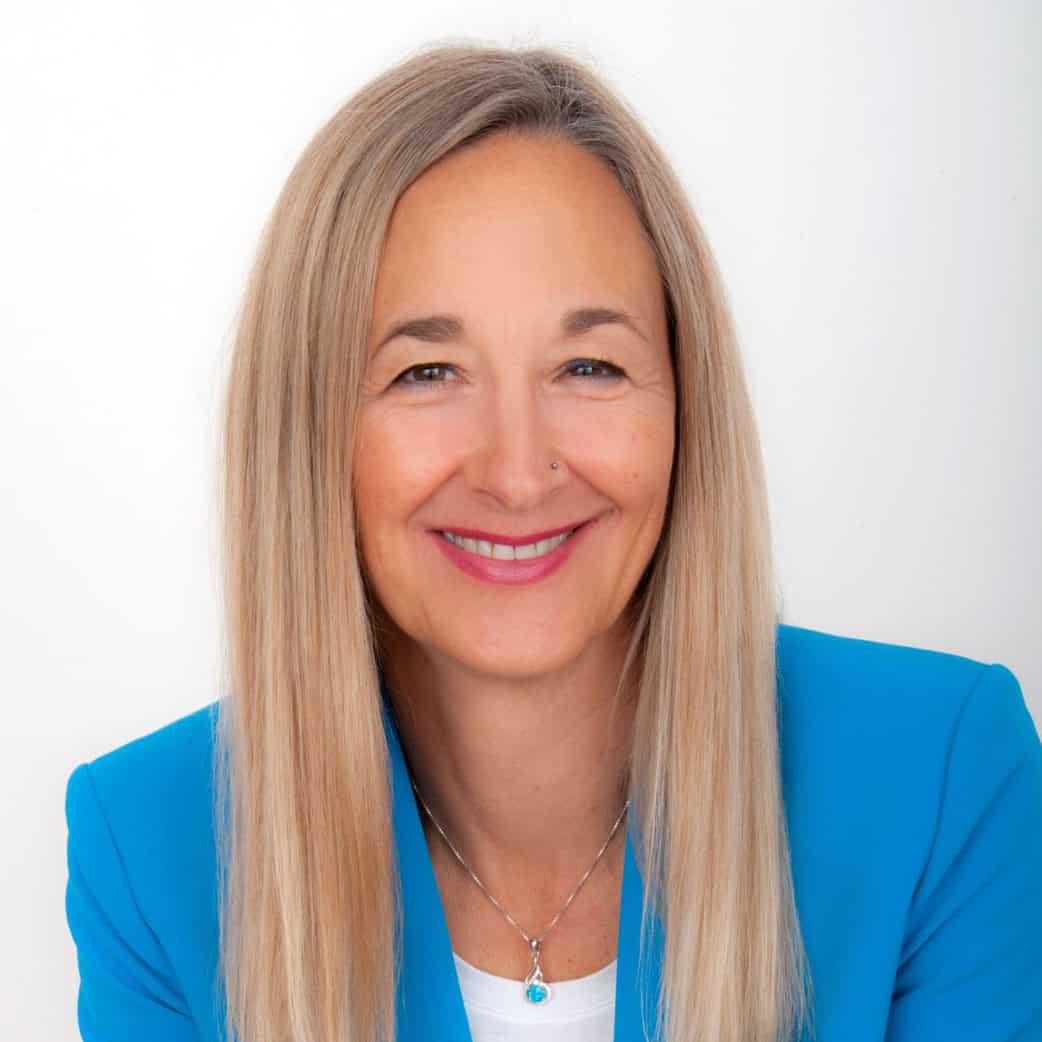
Luminara Serdar
Autism Transformation Expert
Luminara Serdar is an autism transformation expert, helping parents discover and address the root causes of their child’s challenging autism behaviors so that a child can be calm, happy, develop to peer level and gain independence. And so parents can feel competent, empowered and happy.
She’s trained as a scientist in genetics, cell biology and biochemistry, as a functional nutritionist and holistic healer.
She works with clients throughout the world using nutrition, opening body systems and removing toxic buildup to help shift autism behaviors.

Lauren Stone, PhD, MS, CNS
Board Certified Nutrition Specialist
Lauren came to bioenergetics in the search to heal her own children, and chose to make it her career after experiencing its success first hand. In addition to a B.A. from Yale University and a Ph. D. from Cornell University, Lauren has a Master’s in Human Nutrition from the University of Bridgeport. Lauren holds advanced certifications in Homotoxicology, BioSET and Quantum Reflex Analysis, and is a Board Certified Nutrition Specialist (CNS), a Board Certified Holistic Health Practitioner (HHP), and a Board Certified Integrative Health Practitioner.
Lauren is also a board member of Epidemic Answers, a 501c3 non-profit organization dedicated to reestablishing vibrant health in our children and ourselves through education, empowerment and prevention.
Lauren has a private practice in homotoxicology and nutrition located in Westport CT, although she works with clients nationally and internationally.
Lauren is author of Everyday Immunity: A Wellness Primer,
Healing from PANS/PANDAS and Autoimmune Encephalitis: An At Home Guide to Reducing Brain Inflammation in Your Child
and co-author of the book Brain Under Attack: A Resource for Parents and Caregivers of Children with PANS, PANDAS, AND Autoimmune Encephalitis.

Dr. Elisa Song
Holistic Pediatrician
Elisa Song, MD, is a Stanford-, NYU-, UCSF-trained integrative pediatrician and pediatric functional medicine expert, and most importantly, a mother to two thriving children. She has dedicated her career to helping parents and practitioners bridge the gap between conventional and holistic pediatrics with an evidence-based, pediatrician-backed, parent-approved approach. Dr. Song has lectured around the world at leading integrative and functional medicine conferences and premier parenting events. She has also been featured in hundreds of top podcasts, print and online media outlets including Dr. Mark Hyman’s Broken Brain podcast, the Wellness Mama podcast, BloomTV, Forbes, Healthline, MindBodyGreen, National Geographic, PopSugar, Parents, Motherly, Parade, Verywell Health, and New York Post.

Angela Taylor DCN, CNS, LDN, IFMCP
Doctor of Clinical Nutrition
Reversing Autism – Recent Case Reports and a Call to Action to Help Expand the Evidence Base for Reversal of Chronic Conditions among Children
This session will describe the findings from two recent case reports demonstrating dramatic reversal of autism symptoms with 1.) a broad intervention focusing on reducing the total load of lifestyle and environmental stressors and 2.) the Specific Carbohydrate Diet. In addition, the CARE guidelines for case reports will be presented to help enable attendees to compose their own case reports on reversal of autism symptoms and other chronic childhood conditions.
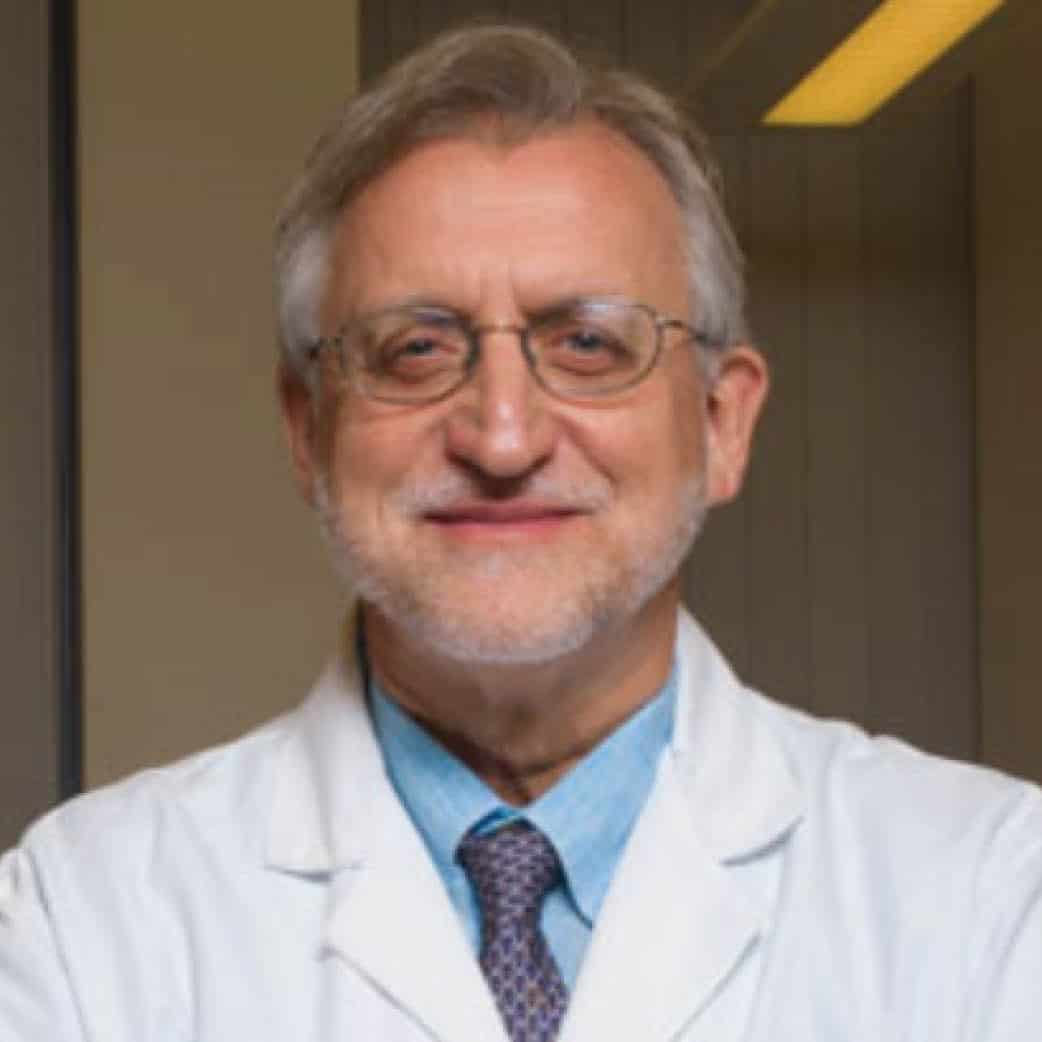
Theoharis Theoharides, BA, MS, MPhil, PhD, MD, FAAAAI
The Extracellular Matrix
The Extracellular Matrix, Critical for Neuronal Connectivity, Is Broken Down by the Enzyme Metalloproteinase-9 (MMP-9) in the Brain of Children with Autism Spectrum Disorder (ASD), but can be inhibited by the Flavonoid Luteolin
LECTURE ABSTRACT: Brain extracellular matrix in critical for neuronal communication.
Matrix metalloproteinase-9 (MMP-9) is an enzyme that breaks down the matrix and disrupts neuronal communication.
MMP-9 is elevated in the brains of children with ASD and is released from microglia.
Luteolin inhibits the release of MMP-9 from cultured human microglia activated by either bacterial polysaccharide (LPS), the mycotoxin Ochratoxin A or the stress peptide neurotensin.
Dr. Theoharides, is Professor and Vice Chair of Clinical Immunology and Director, Institute for Neuro-Immune Medicine-Clearwater, Nova Southeastern University, FL and Adjunct Professor of Immunology, Tufts School of Medicine where he was Professor and Director of Molecular Immunopharmacology & Drug Discovery, and Clinical Pharmacologist, Massachusetts Drug Formulary Commission (1983-2022). He served on the Board of the Institute of Pharmaceutical Research and Technology (IFET) and the Supreme Health Council of the Ministry of Health in Greece. He received his BA, MS, MPhil, PhD and MD degrees and the Winternitz Price in Pathology from Yale University. He also received a Certificate in Global Leadership from Tufts Fletcher School of Law and Diplomacy and a Fellowship at Harvard Kennedy School of Government. He trained in internal medicine at New England Medical Center which awarded him the Oliver Smith Award “recognizing excellence, compassion and service.” He received the Tufts Distinguished Faculty Recognition and Excellence in Teaching awards multiple times. He showed that the unique tissue immune cells, mast cells, communicate with the brain microglia and are critical for neuroinflammation. He has 493 publications (48,375 citations; h-index 112 placing him in the world’s top 0.05% of most cited authors and the worldwide expert on mast cells by ScholarGPS and Expertscape. He was inducted into the Alpha Omega Alpha National Medical Honor Society, the Rare Diseases Hall of Fame and the World Academy of Sciences. He developed novel dietary flavonoid supplements formulated in olive pomace oil to increase absorption. He has received 30 patents and trademarks (www.mastcellmaster.com; www.drtheoharides.com)
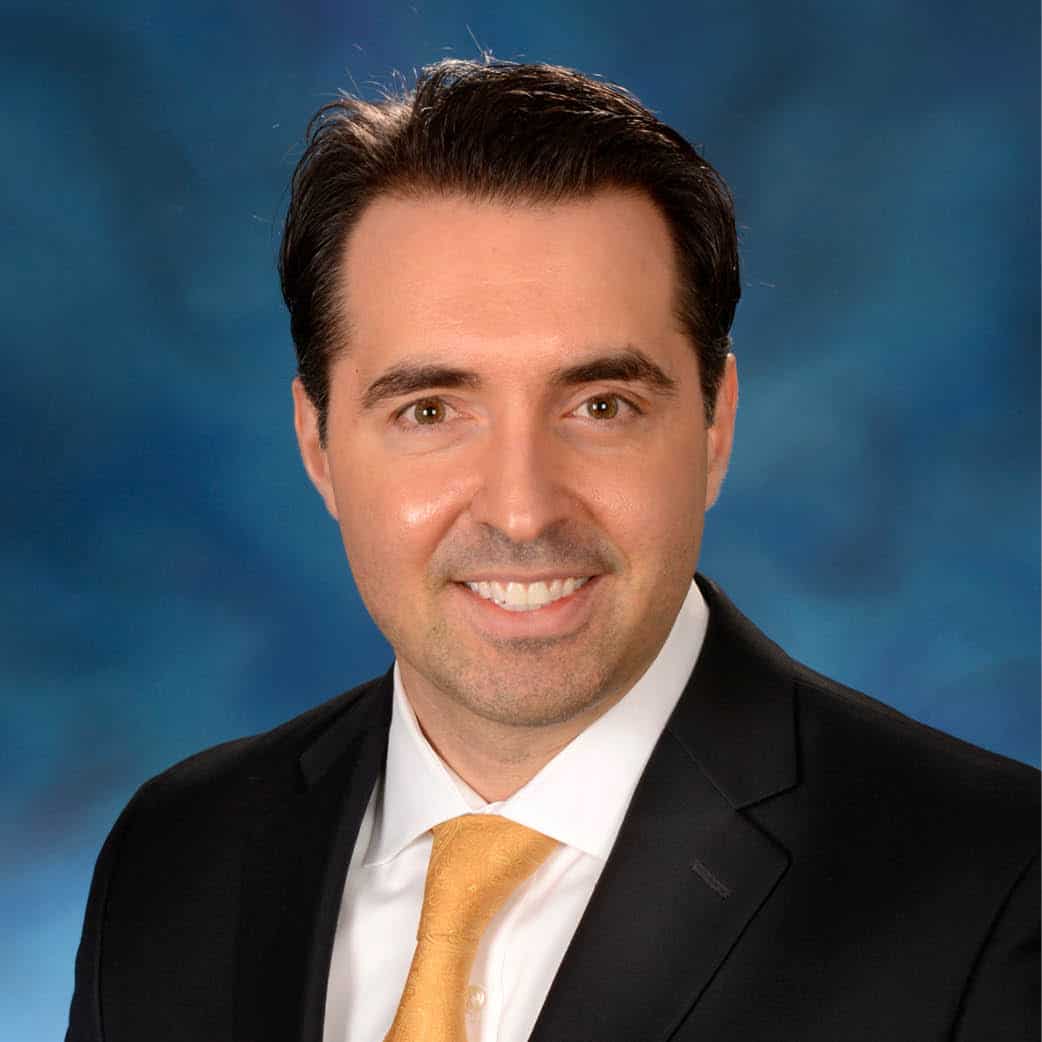
Chris D’Adamo PhD
Scientific Director & Principal Investigator at Documenting Hope
Reversing Autism – Recent Case Reports and a Call to Action to Help Expand the Evidence Base for Reversal of Chronic Conditions among Children
This session will describe the findings from two recent case reports demonstrating dramatic reversal of autism symptoms with 1.) a broad intervention focusing on reducing the total load of lifestyle and environmental stressors and 2.) the Specific Carbohydrate Diet. In addition, the CARE guidelines for case reports will be presented to help enable attendees to compose their own case reports on reversal of autism symptoms and other chronic childhood conditions.
